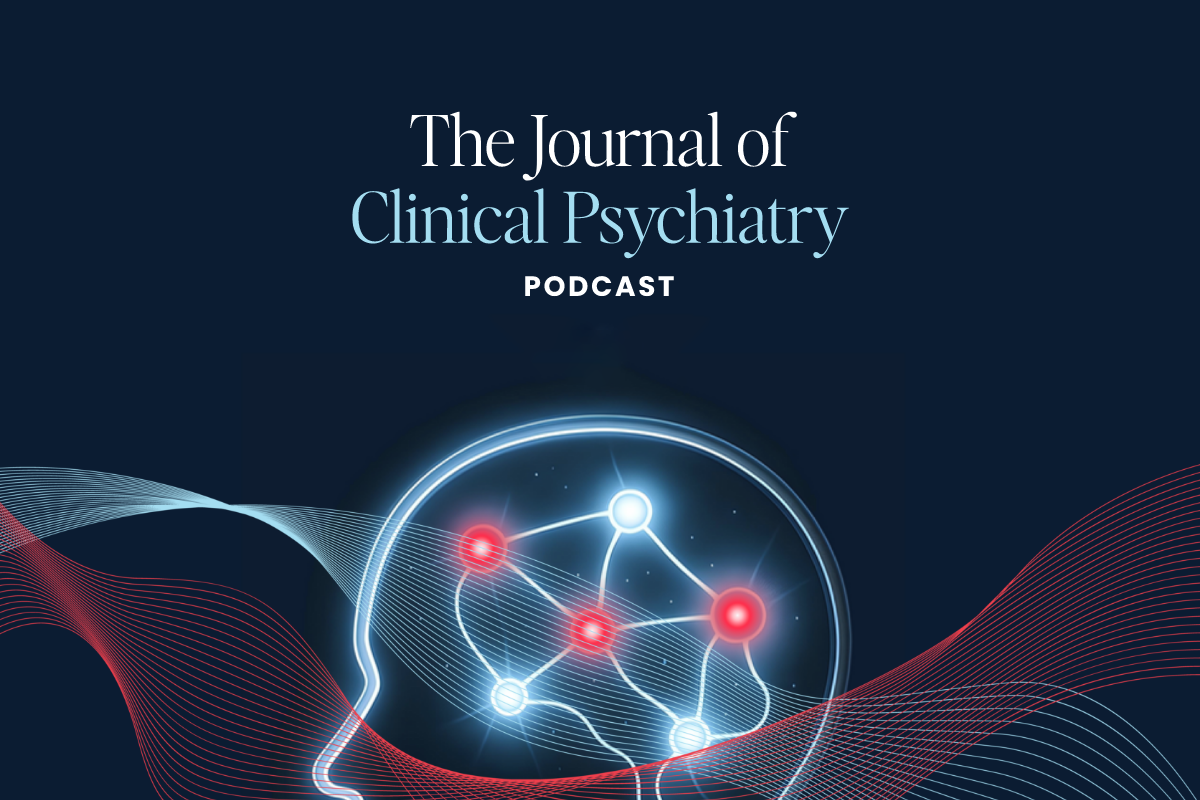From the pages of the Journal of Social Psychology and Personality comes a study that illuminates the profoundly positive impact of gratitude. Although the research was conducted over twenty years ago, the science still rings true today – the simple act of thankfulness can have far-reaching effects on health and happiness.
Ruth Westheimer, MD Appointed the Country’s First Loneliness Ambassador
Machine Learning Prediction of Quality of Life Improvement During Antidepressant Treatment
Why One Sleepless Night May Actually Help Improve Depression
Experimental Design
To test the effect of gratitude on daily life, scientists at the University of California and the University of Miami divided up 201 undergraduate students into three groups. Some were asked to do a series of exercises that concentrated on the hassles of daily living. Another group prioritized thinking about aspects of their lives for which they felt gratitude. Others in a control group focused their energy on neutral life events.
Researchers carried out three separate experiments with the groups. Depending on the experiment, participants either kept track of their experiences every day or once a week. They recorded their feelings, both good and bad, how they dealt with stress, their health habits, any physical symptoms they experienced, and their overall view of life. The first two experiments involved just the college students, while the third broadened its reach by introducing in adults from the general population. This mix of participants helped the researchers understand if gratitude’s impact was consistent across different age groups.
Key Findings
Participants who regularly engaged in recognizing and expressing gratitude experienced a significant increase in their overall sense of well-being. Specifically, they reported “considerably more satisfaction with their lives as a whole, felt more optimism about the upcoming week, and felt more connected with others” compared to the other groups. The gratitude group also reported feeling more optimistic about their lives. They felt a heightened sense of joy and happiness. And a nice bonus – they experienced a greater willingness to help others.
This uplift in mood and attitude was not a fleeting change either. The benefits lasted over the 10-week period of the study.
Moreover, the gratitude group enjoyed some sizable physical health benefits as well. They documented fewer negative symptoms such as headaches, muscle soreness, or feelings of fatigue and felt more motivated to engage in healthy behaviors like exercise. Participants who maintained a grateful outlook demonstrated better emotional resilience as well, suggesting that gratitude might be a key element in managing stress and overcoming adversity.
In addition to individual benefits, the study found that feeling grateful had a positive impact on relationships. The act of recognizing and expressing appreciation for others fostered stronger bonds and a greater sense of connectedness. It served as a reminder to affirm and share appreciation with others.
The Meaning of It All
The authors acknowledged that gratitude is a complex idea. It can take the form of an emotion, attitude, habit, or even a personality trait. The word itself comes from the Latin word “gratia,” meaning grace or kindness.
In this study, researchers defined gratitude as actively appreciating what others give us, especially when we may not have necessarily deserved it. This idea is closely linked to the ability to empathize with others. It mixes together both feelings and thoughts. In essence, gratitude is about validating and valuing acts of kindness.
The study’s findings suggest that giving thanks can play a vital role in an overall wellness strategy. An emphasis on blessings rather than burdens tended to be a better coping strategy when faced with life’s challenges. Furthermore, cultivating an attitude of gratitude provides a counter-narrative to the common belief that happiness is solely a result of external circumstances. Internal perspective, particularly related to gratitude, plays a significant role in shaping life experience.
And beyond the implications for individual and interpersonal levels, giving thanks can extend wider societal benefits, the authors wrote. By fostering a culture of gratitude, communities and organizations can create more supportive and positive environments and a more compassionate society.



